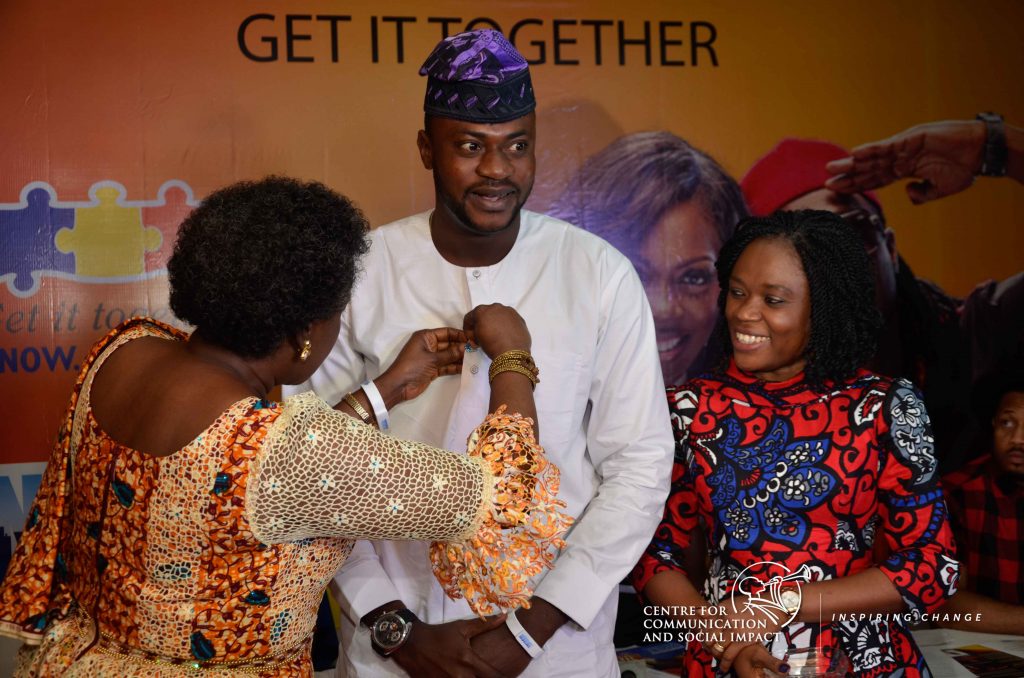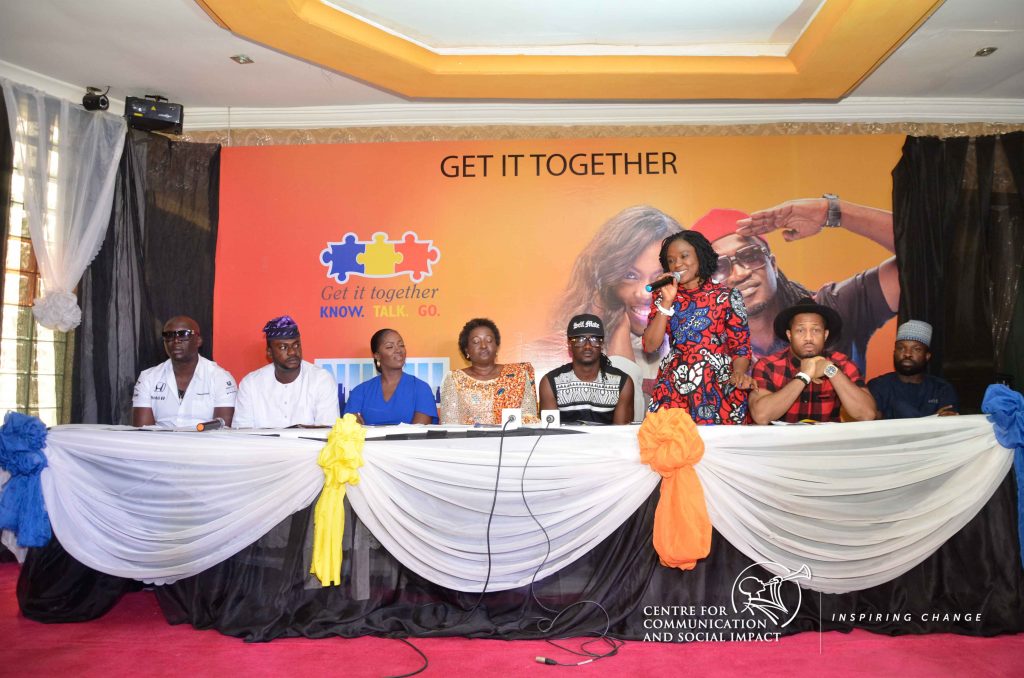The Nigeria Urban Reproductive Health Initiative (NURHI)
The Nigeria Urban Reproductive Health Initiative (NURHI) was designed to increase contraceptive use in selected urban sites (FCT, Kaduna, Ilorin, Ibadan, Zaria and Benin City) in Nigeria, with a focus on the urban poor. Through a strategic combination of service delivery, communication, social mobilization and advocacy inputs the NURHI project increased demand for and supply of family planning, ultimately leading to long-term market driven sustainability.
The second phase of the NURHI project (NURHI 2) is designed to increase contraceptive use in Lagos, Kaduna and Oyo States. It is an extension of the successful NURHI project, and runs from 2015 to 2020. This new phase of NURHI builds on successful strategies implemented over a six year period by the first NURHI project in six Nigerian cities. NURHI 2 aims to be a proven strategy that increases contraceptive prevalence rate (CPR) where it is directly implemented; and it provides the evidence, strategies, technical assistance, and incentives necessary for replication in non-intervention states.
NURHI 2 envisions A Nigeria where supply and demand barriers to contraceptive use are eliminated and family planning becomes a social norm.
Core partners on NURHI 2 are the Johns Hopkins Center for Communication Programs (JHCCP), Centre for Communication and Social Impact (CCSI) and Association for Reproductive and Family Health (ARFH).
CCSI supports intermediary outcome 1.4 ‘Increased demand for family planning by women and men’ and 1.5 1.5 ‘Increased demand for reproductive health knowledge and services for youth’.
PPFP
The aim of the Bill and Melinda Gates Foundation and Merck for Mothers-funded Post-Pregnancy Family Planning Project (2017-2021) is to increase contraceptive use among post-pregnancy women. The project will be implemented by extending and adapting the existing approaches and tools of the Nigerian Urban Reproductive Health Initiative (NURHI 2), to reach post-pregnancy women in Lagos with the information and services they need to begin using family planning. The post-pregnancy period includes the period of pregnancy through one-year post-pregnancy; this includes miscarriage and any pregnancy that does not
result in a live birth. The Nigerian Urban Reproductive Health Initiative (NURHI 2) is designed to increase contraceptive use in Lagos, Kaduna and Oyo States using the NURHI Model, a strategic combination of advocacy, demand generation and service delivery mostly through the public sector.
The PPFP project will tailor the interventions to address the unique needs and potential of private providers to better provide post-pregnancy women family planning services and create demand for those services. The PPFP team is made up of partners from NURHI 2 of Johns Hopkins Center for Communication Programs (CCP), Center for Communication and Social Impact (CCSI), Association for Reproductive and Family Health (ARFH) and key government and professional associations with the addition of new partners, Health Strategy and Delivery Foundation (HSDF) and DKT International who bring critical new experience and skills for working with the private sector quality and logistics management. The projects expands into 200 facilities in Year 2.


The Challenge Initiative
The Challenge Initiative is an Urban Reproductive Health program designed to help states, communities and institutions adapt innovative Family Planning models for improved maternal health in Nigeria. The Initiative supports states to accelerate the sustainable and impactful scale-up of proven-to-work FP interventions based on the evidence of its predecessor program – the Nigerian Urban Reproductive Health Initiative (NURHI) since 2009.
Currently operating in 11 States in Nigeria (Niger, Bauchi, Delta, Kano, Ogun, Anambra, Plateau, Cross River, Taraba and Edo), TCI adapts a demand-driven business unusual model where states, cities, and partners ask for technical and financial support and assistance to implement successful FP programming to match their own investments.
CCSI supports Social Mobilization, Mass Media roll out, dissemination of SBCC materials and Adolescent and Youth Sexual Reproductive Health (AYSRH) Demand Generation Activities